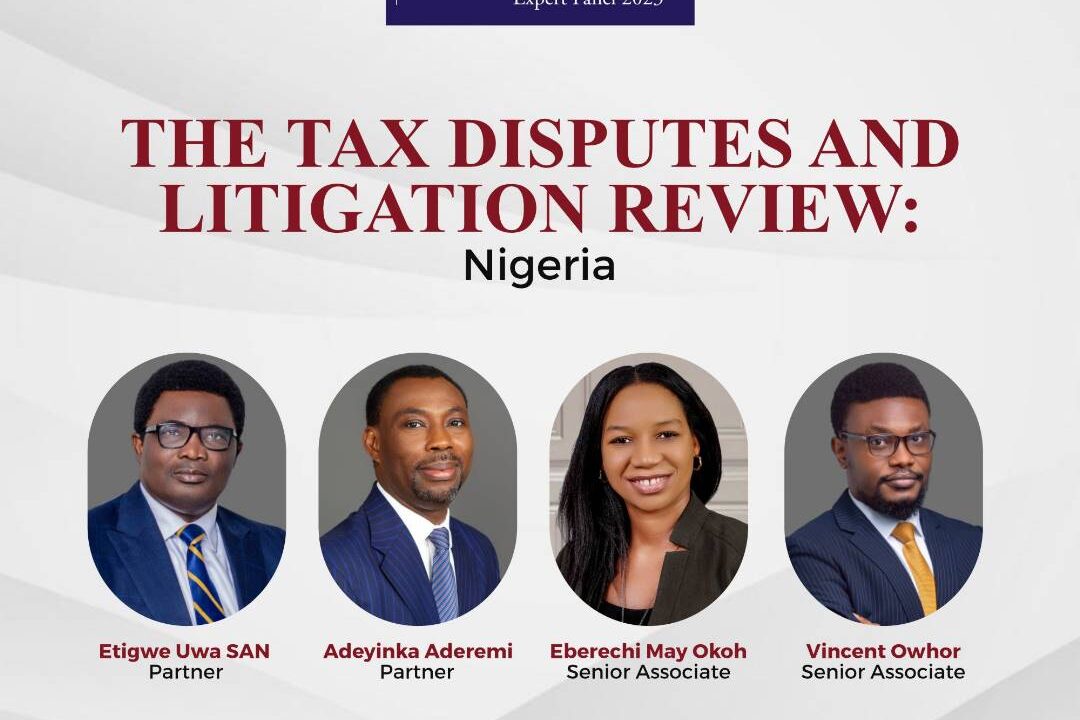Quick reference guide enabling side-by-side comparison of local insights into relevant treaties, conventions and other sources of law; limitation periods; types of enforceable order; competent courts; separation of recognition and enforcement; opposition; jurisdiction of the foreign court; awards and security for appeals; enforcement and pitfalls; and recent trends
HomeCategory OpEds
Streamsowers & Köhn’s Ibukun Konu sheds some light on how the recent passing of revolutionary new legislation looks set to generate a boost in the use of renewable energy in Nigeria’s future.
Definitive global law guides offering comparative analysis from top-ranked lawyers.
Quick reference guide enabling side-by-side comparison of local insights into local regulatory framework, foreign ownership restrictions and licensing requirements; spectrum use considerations; ex ante regulatory obligations; structural / functional separation considerations; universal service obligations; number allocation and portability; customer terms and conditions; net neutrality; platform regulation;
Quick reference guide enabling side-by-side comparison of local insights into corporate governance issues worldwide, including sources of rules and practice; responsible agencies and notable opinion formers; shareholder powers, decisions, meetings, voting, duties and liabilities; employee role in governance; corporate control issues; board structure and composition, duties, leadership, committees, meetings and evaluation; director and senior management remuneration; director protections; disclosure and transparency; hot topics, such as shareholder engagement, and sustainability, pay ratio and gender gap reporting; and other recent trends.
Quick reference guide enabling side-by-side comparison of local insights, including into applicable treaties, domestic legislation and restrictions on governing law; title transfer; registration of aircraft ownership and lease interests; security; enforcement; taxes and payment restrictions; insurance and reinsurance; and recent trends.
It is increasingly common for tax practitioners to be involved in disputes that span multiple jurisdictions. We operate in a global economy. Supply chains cross continents, and the increasing role of technology accelerates the pace at which economic activity becomes divorced from the structures intended to tax it.
Quick reference guide enabling side-by-side comparison of local insights, including into types of private equity transaction; corporate governance, disclosure and timing considerations; dissenting shareholder rights; key purchase agreement provisions; participation of target company management; tax; fnancing; shareholders’ agreements; exit strategies (including IPOs); target sectors; cross-border considerations; club/group deals; and key recent developments.
The FCCPA defnes dominance in section 70(2) as a market situation where an undertaking enjoys a position of economic strength enabling it to prevent effective competition from being maintained on the relevant market and having the power to behave to an appreciable extent independently of its competitors
Private equity (PE) transactions in Nigeria can generally be classified into angel investing, venture capital, growth capital, buyouts (including management buyouts) and mezzanine financing











